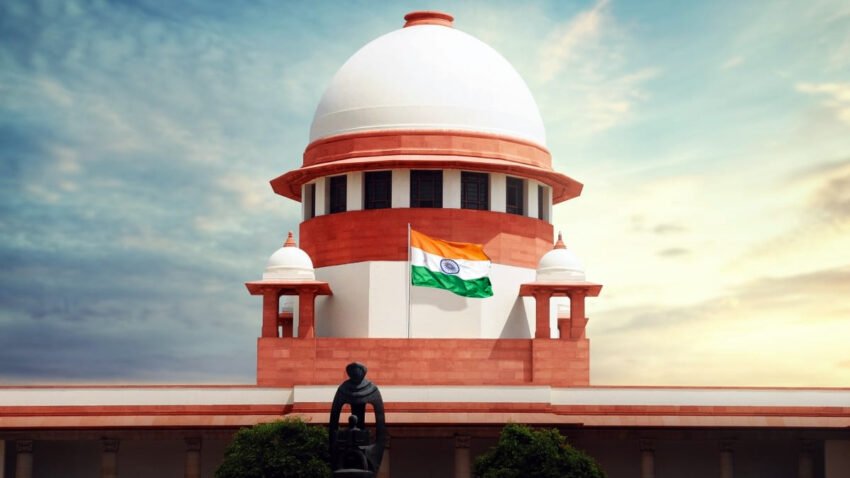Published on :
Retired Supreme Court judge Justice Hemant Gupta on Friday expressed his doubts with the correctness of the recent Constitution Bench decision that held that an unstamped arbitration agreement is invalid in law.
Justice Gupta said that the decision would not stand in the long run.
“Fact is that the judgment is not a pro-arbitration one is not in doubt. Even the Amicus missed [to point out to the Court] that the Evidence Act is not applicable to arbitration proceedings. Mentioning of the word ‘evidence’ [at] different places in the [Arbitration] Act does not make it evidence. If this basic fact is not brought to the notice of the Court, then that cannot be helped. It (decision) will, thus, not stand in the long run and will soon meet its fate.”
The retired judge and current head of the India International Arbitration Centre in New Delhi was speaking at the Delhi Discourse 2023, an event organised by the Federation of Indian Corporate Lawyers on the topic ‘Navigating India’s Legal Terrain in the Era of Amrit Kaal’.
A Constitution Bench of the Supreme Court had, on April 25, held by a 3:2 majority that unstamped arbitration agreements are not valid in law.
The judgment was delivered by a bench of Justices KM Joseph, Ajay Rastogi, Aniruddha Bose, Hrishikesh Roy and CT Ravikumar.
Justice Joseph penned the majority opinion joined by Justice Bose. Justice Ravikumar wrote an opinion concurring with the majority view.
Justices Rastogi and Roy had dissented, opining that unstamped arbitration agreements are valid at the pre-referral stage.
Summing up his dissenting opinion, Justice Rastogi had stated that the majority opinion would open the doors for judicial intervention in arbitration cases at the threshold.
Notably, Justice Roy had written,
“I would appeal to the legislative wing of the State to revisit the Amendments which may be necessary in the Stamp Act,1899 in its application to the Arbitration Act,1996 … efface the inconsistencies in both … If we look at the legislative intent of the Arbitration Act,1996 and what our country is hoping to be as the destination of choice for Arbitration, I’m of the considered opinion that it would be appropriate to interpret the statutory interplay in a constructive manner without defeating the legislative intent and thwarting the speedy referral to arbitration”.
Senior Advocate Gourab Banerji was Amicus Curiae in the matter.
Read more about the arguments in the case here.



